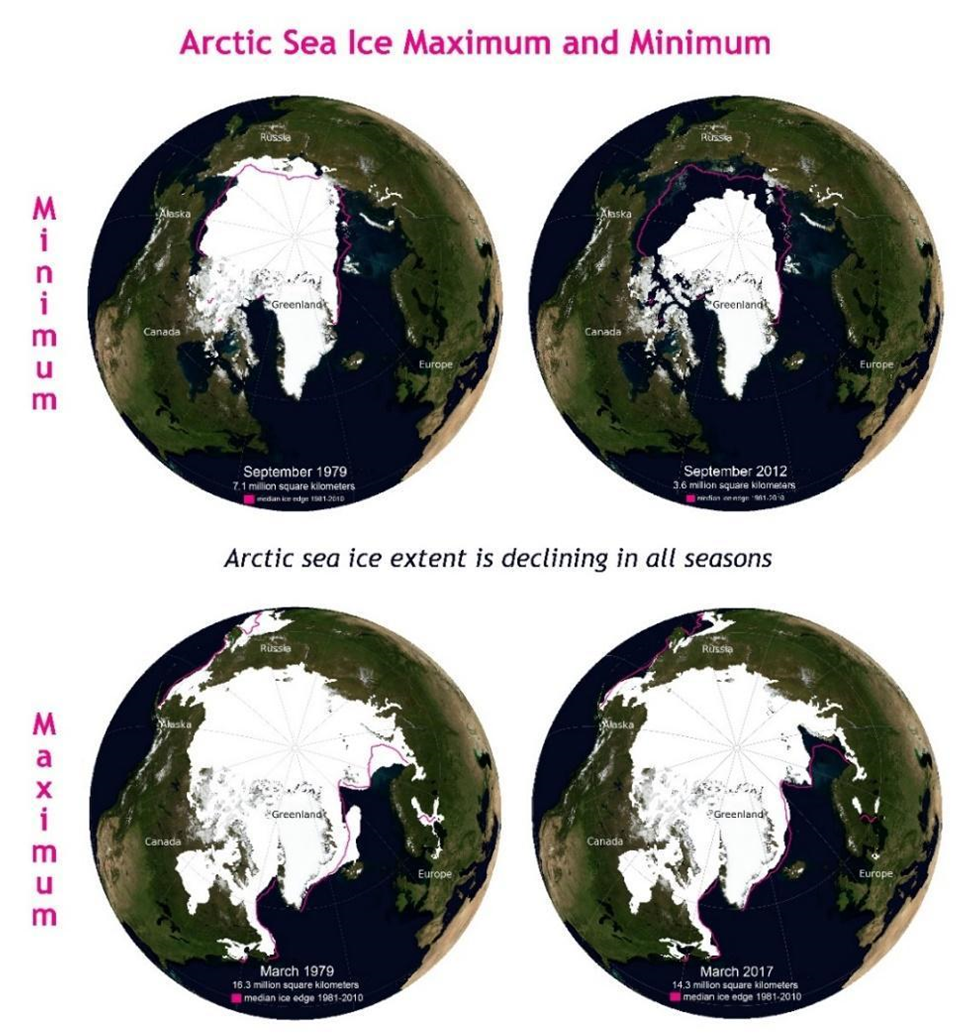The decline of Arctic sea ice and accelerated melting of mountain glaciers are stark indicators of the impact of warming temperatures on our planet. This trend is not limited to remote regions as snow cover is decreasing globally, with winter conditions increasingly affected by rising temperatures. As snow and ice continue to melt, the resulting increase in water runoff contributes to sea level rise, exacerbating flooding risks.
The implications of snow and ice melt extend beyond environmental concerns to significant impacts on infrastructure and communities. This reality calls for thorough assessment and proactive planning to safeguard against infrastructure damage and protect vulnerable populations.
Through a comprehensive assessment of the risks associated with snow and ice melt, Rhode Island can better prepare for the impacts of climate change and enhance resilience in the face of evolving challenges.
